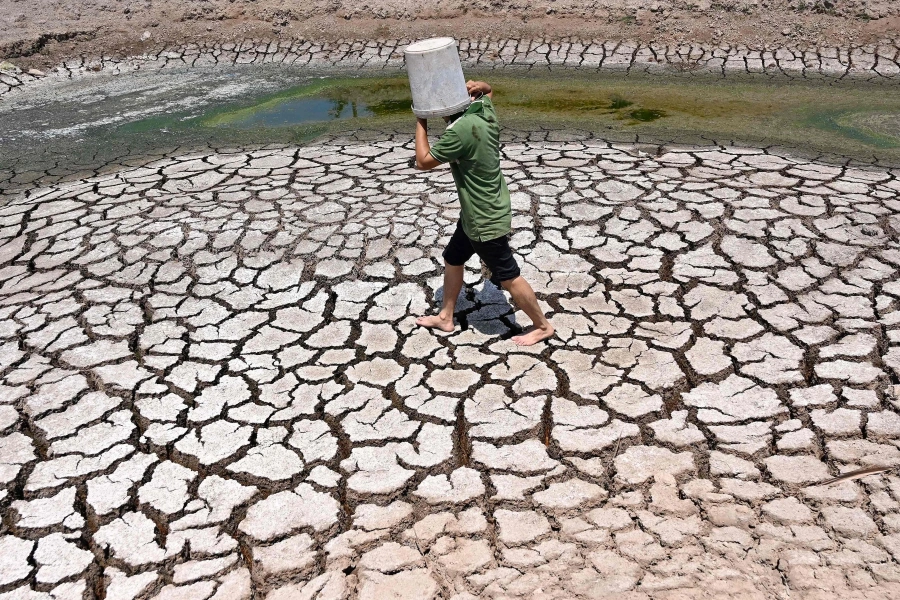KATHMANDU, Dec 12: Experts have raised concerns that Nepal is unlikely to receive grants under the Belt and Road Initiative (BRI), arguing that the projects under the BRI Framework Agreement signed between the governments of Nepal and China will be financed by Chinese financial institutions and banks, not the Chinese government.
Speaking at an interaction program organized in Lalitpur on Wednesday, political analyst Arun Subedi claimed that it is not worth debating whether the funding of the BRI projects will be made via loans or grants since such investment will be made by Chinese financial institutions under the BRI rather than the Chinese government. He added that the Chinese government would have invested in the projects if the funding would have been grants.
"The issue of grant or loan is not a matter of debate since we are aware of the practice in other places that loans come from commercial entities,” Subedi said, “The investment in the projects comes from Chinese banks and financial institutions. Are banks and financial institutions of any country willing to give grants?”
Nepal-China agree to conclude BRI Implementation Plan 'soon' as...

Speaking at the program, foreign affairs expert Hiranya Lal Shrestha also conceded that the funding for the BRI projects recently agreed between Nepal and China will be Chinese loans and said that Nepal needs to think about the geopolitical impact it will have while implementing the BRI projects.
“Nepal should take a loan in a productive area so that it can generate revenue to pay back the loan,” Shrestha said, “He said that Nepal can be established as a gateway to South Asia if the BRI projects are implemented properly.”
Analyst Subedi also seconded Shrestha’s claim and opined that it would be most appropriate to take loans only after identifying projects that will bring economic benefits to Nepal.
“The Kimathanka-Khandbari road and the Hilsa-Simikot road will connect Nepal's tourism sector with South Asia,” he said, “So the Government of Nepal should request its Chinese counterpart to provide grant support for these projects.”
Speaking at the program, former Vice Chairman of the National Planning Commission, Dr. Govinda Pokhrel, said that loans or grants should be taken under the BRI project only after looking at the long-term economic impacts of the investment. He added that while implementing the BRI, the government should also ensure that such projects do not have any impact on the geopolitical situation and system of Nepal.
"It is necessary to form our own opinion only by looking at its long-term impact without getting carried away by emotions,” Pokhrel said, “We should consider the benefits it will bring to us and the political impacts it may have in the future.”
Citing that the Chinese government has provided Nepal with a grant of Rs 9 billion in the past, political analyst Subedi expressed confidence that China can also provide grant support to Nepal for road connectivity in the future if the cooperation under the BRI is strengthened.





































